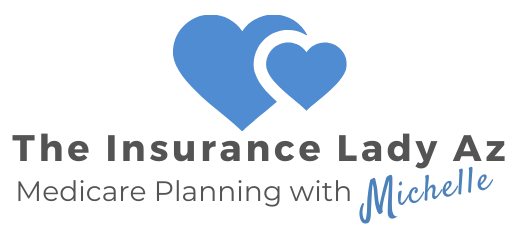
Medicare and Retirement
I want to retire, when should I sign up for Medicare?
You have 8 months to enroll in Medicare once you stop working or your employee coverage ends, whichever happens first. You’ll want to contact Social Security before your coverage ends so there isn’t a gap in coverage.
How do I Sign Up if I’m Retiring or Leaving Employer Insurance?
You can enroll online at SocialSecurity.gov or you can mail or fax your completed forms to your local Social Security office. Once you have notified Social Security and the paperwork is in place you should receive your Medicare card in 3-4 weeks.
Note: COBRA coverage and retiree health plans aren’t considered creditable coverage. You will not be entitled to a Special Enrollment Period when it ends. To avoid penalties, make sure you sign up for Medicare when you are first eligible.
Not retiring but turning 65 from a Current Employer
If you or your spouse are still working, and you have health care coverage under an employer plan, contact your employer’s HR department to see how coverage works with Medicare. In many cases, you may not have to sign up for Medicare Part B and can delay the cost. Once employment or coverage ends, you have eight months to sign up for Medicare Part B without penalty. You also have an opportunity to enroll in a Medigap plan without health questions under a Special Enrollment Period. It is important to keep the letter from your employer stating when your insurance is ending. In many cases, the Medicare plan you sign with will need proof that you are entitled to a Special Enrollment Period.
Retiree Coverage vs. Employer Coverage
There is a difference between Employer coverage and Retiree coverage. If you are turning 65 and still working and have Employer coverage you can delay your Medicare Part B premium if your employer has more than 20 employees. If your employer has less than 20 employees you will need to sign up for Medicare Part B. Once you decide to retire and leave your employer you will be required to sign up for Medicare Part B regardless of whether you are taking retiree health coverage or Medicare coverage. Below are a couple of questions to ask:
Can you continue your employer coverage after you retire? Generally, when you have retiree coverage from an employer or union, they control this coverage. Employers aren't required to provide retiree coverage, and they can change benefits, premiums, or even cancel coverage.
What's the cost and coverage? Your employer or union may offer retiree coverage for you and/or your spouse that limits how much it will pay. It might only provide "stop loss" coverage, which starts paying your out of pocket costs only when they reach a maximum amount.
What happens to your retiree coverage when you're eligible for Medicare? Retiree coverage might not pay your medical costs during any period in which you were eligible for Medicare but didn't sign up for it. When you become eligible for Medicare, you will need to enroll in both Medicare Part A and B to get full benefits from your retiree coverage.
How does your retiree coverage work with Medicare? Get a copy of your plan's benefit booklet, look at the summary plan description provided by your employer or union, or call your employer's benefits administrator.

